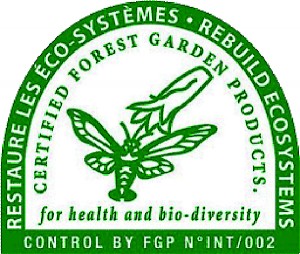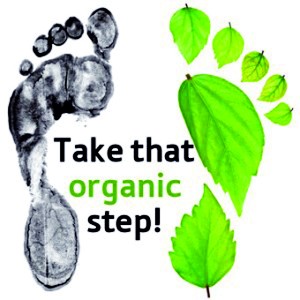Supporting the sustainable development initiatives – A huge boost
View(s): Sustainable Development was a focal point for Save Green with ET a few weeks ago, last week as well as this week we will take a look at real life implementations of sustainable development initiatives taking place, in Sri Lanka. This article is about one such sustainable agricultural development initiative taking place in the arid zone of Sri Lanka, specifically in the areas of Polonnaruwa and Vavuniya.
Sustainable Development was a focal point for Save Green with ET a few weeks ago, last week as well as this week we will take a look at real life implementations of sustainable development initiatives taking place, in Sri Lanka. This article is about one such sustainable agricultural development initiative taking place in the arid zone of Sri Lanka, specifically in the areas of Polonnaruwa and Vavuniya.
Farmer resilience in the dry zone of Sri Lanka is mainly dependent upon basic factors such as water security, soil fertility and market oriented production. However, the use of unsustainable high input agriculture practices have directly affected the dry zone soil condition, making them infertile and rendering the soil no longer usable without increased input of external energy sources.
The introduction of “grow more “ programmes that are reliant on the use of chemicals –which may have residual effects, the increased use of hybridized seeds, in turn significantly increases the area subjected to monoculture farming systems. Though it shows higher progress at an initial stage – with a bountiful crop and economic benefits, in the long term it creates a vast number of issues, which in turn demand high chemical inputs for degraded soils and plants are more susceptible to diseases and environmental changes.
In order to combat these problems faced by dry zone farmers, immediate measures such as the use of sustainable farming practices, promotion of traditional seeds having good genetics and enhancing natural resources needed for farming – need to be taken to be implemented to secure the farmers’ future and long term viability of the soil.
It is with the objective of minimizing the above stated negative impacts of unsustainable agriculture and deforestation that the Rainforest Rescue International developed a special programme to be implemented in Polonnaruwa Agrarian Services Department and Agriculture Department, etc
The following are the primary routes through which this sustainable development programme is making an impact.
Increase average disposable income of direct beneficiaries through improved knowledge, improved access to market and through income diversification.
Improve environmental quality of highland forest resource base and improved use of pre existing resource base by restoring over 500 hectares of natural and anthropogenic ecosystems.
 Improve the farmers’ access to a sustainable community driven agricultural extension and seed delivery service.
Improve the farmers’ access to a sustainable community driven agricultural extension and seed delivery service.
Construction of Regional Seed bank / Saving Organic Seed (SOS) Bank – one central seed bank will be constructed to supply locally appropriate seeds at low cost to 2000 beneficiary farmers in both Polonnaruwa and Vavunia district and to develop a farmer to farmer seed saving program.
Sustainable aquaculture programmes will be established in identified reservoir with the local community in order to enhance under-utilized rural livelihood options, and integrate them into the action, by increasing rural income and developing local enterprise.
The capacity building trainings will be carried out for all target groups on sustainable agriculture, agriculture product marketing, seed production and saving, business development and organizational management trainings.
The woodlots will be developed to improve access and management of local energy resources while reducing the wild collection of energy sources. In particular, the CBO managed community woodlots using indigenous coppicing multi-purpose use tree species such as Glyricidia sepium and Cassia Spp are established in selected villages in the district as appropriate.
Environmental Remediation – restoration of over 500 hectares of natural forest and riverside areas will be carried out in selected project locations by planting forest and riverside trees as community driven approaches.
The programme is a further aimed to improve the resilience of farming communities and to establish new markets for the community’s agricultural products.
These objectives highlight the true essence of sustainable development, in addition to supporting farming communities with the technical knowledge of sustainable farming they are also trained in specific skills and knowledge, which empowers them to be a part of the sustainable development movement and to learn and grow within this programme.
The unique aspect of this programme is that all vegetables and fruits produced from these ‘home gardens’ are free from pesticides and fertilisers and are truly natural and healthy foods for consumption.
Show your support for sustainable development initiatives that also make a significant contribution towards these marginalised and vulnerable farming communities in the development of their skills, knowledge and financial income, the produce from this sustainable development initiative can be found every Thursday at Rainforest Foods, located at The Good Market, Diyatha Uyana, Battaramulla. Be there and show your support for a better, sustainably managed tomorrow.
Joanne Kotelawala (British Council International Climate Champion 2010, British Council Active Citizens Facilitator and Past President of Green Army of Spectrum Institute of Science and Technology).
Follow @timesonlinelk
comments powered by Disqus
















